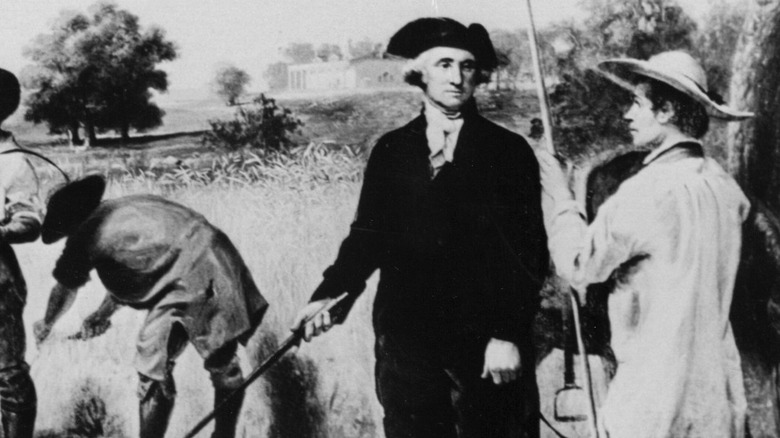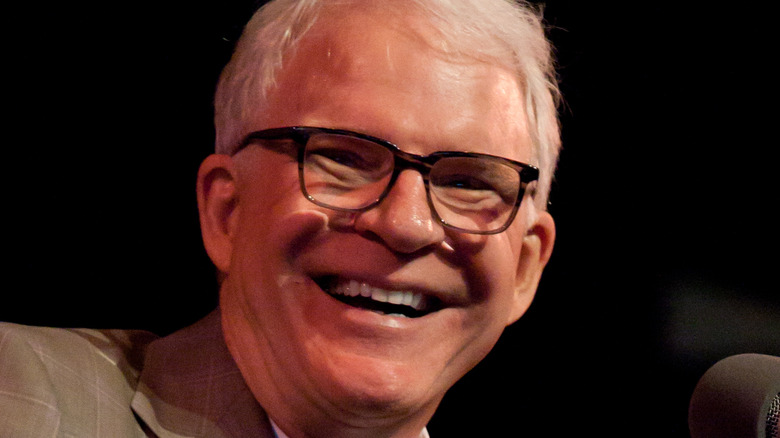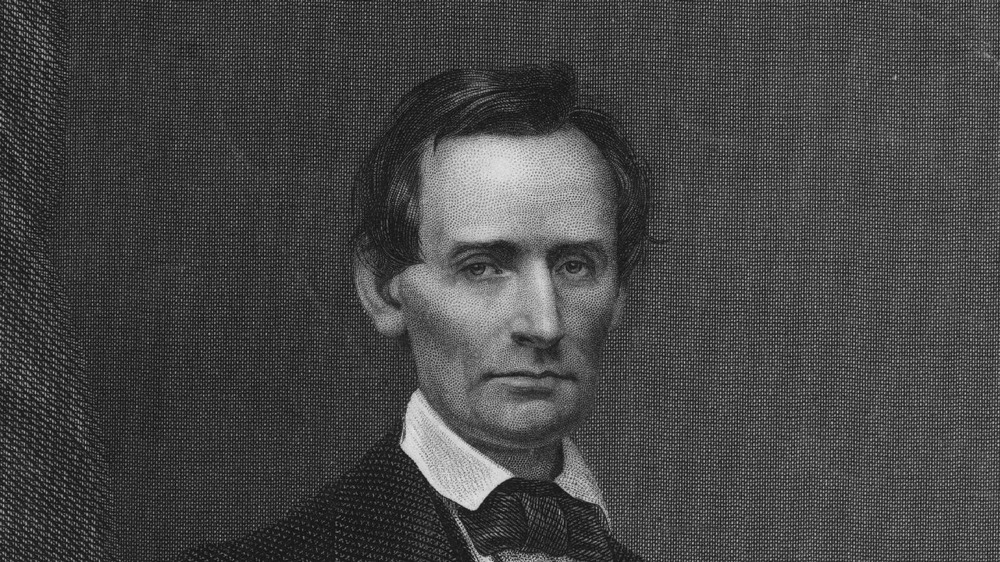
The Great Commission In The Bible Explained
Several passages in the Bible are so significant that they’re not only referred to by the book, chapter, and verse method that points to a specific part (for example, John 3:16), but by a poetic name. For example, Jesus’ blessings in Matthew 5 — in which he begins multiple passages by saying, “Blessed are…” — are known as the Beatitudes. Similarly, Jesus’ statement to “love your neighbor as yourself” (Matthew 22:39) is known as the “Golden Rule.”
Another New Testament passage that’s been given a poetic name occurs in Matthew 28, and it’s known as the “Great Commission.” After his death and resurrection, Jesus tells his disciples to make other disciples of everybody (“all nations” in the New International Version, cited above) and recognize their faith conversion by baptizing them. And for centuries, Christians have seen it as a command to spread the gospel to the furthest reaches of the world. However, these days, the Great Commission is being re-examined due to its role in colonialism and cultural imperialism.
The Great Commission informed missionary activities for centuries
Even before the words that would become the New Testament were written, Jesus’ disciples were already carrying out the directive in the Great Commission to “make disciples of all nations.” As Bible Study Tools notes, the Apostle Paul spent his later years traveling around the Mediterranean region, starting new churches in the area and living the life of a missionary.
For centuries, Christians have continued to abide by that directive. There’s a reason there are Christians in China, and it’s because Christian missionaries went there — often to their peril — and spread the gospel there in accordance with the Great Commission, as The Conversation reports. The same can be true of all missionary activities all over the world; for centuries, as Mathew Schmalz writes, Christians have justified missionary activities by pointing to the Matthew passage and similar portions and saying that Jesus commanded them to do so. “The Great Commission is not an option to be considered, but it is a command to be obeyed,” reads a quote traditionally (and perhaps inaccurately) attributed to English missionary Hudson Taylor.
Reexamining the concept of missionary work
Whether or not centuries of Christian proselytizing of other cultures is a good thing is a matter of debate. Certainly, Christian missionaries have brought along unambiguously good things, such as schools and medical care to impoverished communities, along with their message of salvation. However, missionary work often occurred within a larger context of cultural (and literal) imperialism, as Mathew Schmalz writes in The Conversation. For example, Latin America is almost exclusively Catholic thanks to Christian missionaries backed by colonial powers such as Spain and Portugal. However, the devastation wrought on the native populations by those conquerors cannot be overstated.
In a larger sense, writes Schmalz, there’s the question of whether or not converting someone from their own religion (or no religion) into a foreign one is even a good idea. “Converting others to Christianity raises a fundamental question about whether religious diversity is a reality to be celebrated or an obstacle to be overcome,” he writes, noting that the question is likely to take on deeper significance as the world changes.

The Truth About Tina Turner's Difficult Childhood

The Truth About Liberty Ships Of World War II

The Alarming Speed Of The Average Tsunami

The Shady Way George Washington Kept Slaves His Entire Life

Bob Ross' Former Partners: Who Are Annette And Walt Kowalski?

The Truth About Steve Martin's Music Career

The Truth About John Wesley Hardin's Death

The Real Reason That Abraham Lincoln Grew A Beard

The One Thing Elon Musk Is Most Terrified Of

N64's Rarest Game Is Quite Surprising
























